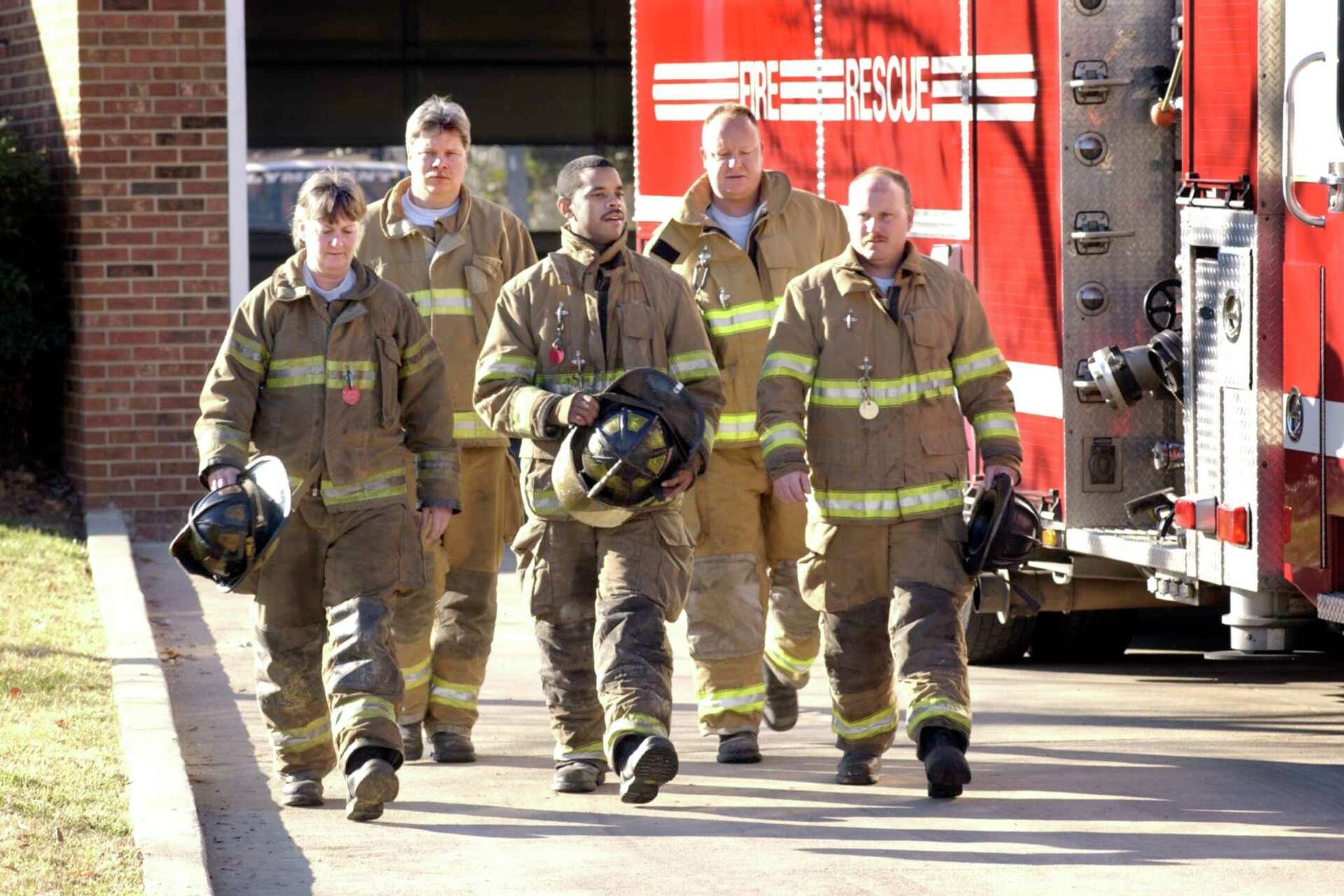
Wondering about fire service salary? Firefighters’ compensation varies based on factors like experience and location. The dedication and bravery of firefighters often overshadow discussions of their wages. However, understanding the financial aspect is crucial. In this article, we delve into the intricacies of fire service salary to provide transparency and insights. Curious to discover more about this essential aspect of the firefighting profession? Let’s explore together.
The Ins and Outs of Fire Service Salary
Welcome to our comprehensive guide on fire service salary! If you’ve ever wondered how much firefighters earn or what factors can influence their pay, you’re in the right place. In this article, we’ll delve into the world of fire service salaries, covering everything from entry-level wages to overtime pay and opportunities for advancement. Let’s ignite our knowledge on this crucial aspect of a firefighter’s career.
What Determines Fire Service Salary?
Firefighters play a vital role in our communities, risking their lives to save others and protect property. Their salaries are influenced by various factors, such as:
1. Experience
Just like in many professions, experience plays a significant role in determining a firefighter’s salary. Entry-level firefighters typically earn less than seasoned veterans who have been in the service for many years.
2. Location
The city or region where a firefighter works can greatly impact their salary. Firefighters in metropolitan areas or regions with a higher cost of living often earn more than those in rural areas.
3. Education and Training
Higher levels of education and specialized training can lead to increased opportunities for promotion and higher pay within the fire service. Many departments offer additional compensation for firefighters who hold advanced degrees or certifications.
Understanding Entry-Level Fire Service Salaries
For individuals considering a career in firefighting, it’s essential to understand what to expect in terms of entry-level salaries. Entry-level firefighters typically start at a base salary, which may vary depending on the department and location.
On average, entry-level firefighters in the United States earn between $40,000 to $50,000 per year. However, this figure can be higher in major cities or lower in smaller towns. It’s important to research specific departments to get a clearer picture of entry-level salaries in your desired area.
Overtime and Additional Compensation
Firefighters often work non-traditional hours, including weekends, holidays, and overnight shifts. As a result, they may be eligible for overtime pay, which can significantly boost their overall earnings. Overtime pay is typically calculated at a rate of time and a half or double time, providing firefighters with extra compensation for their dedication and hard work.
In addition to overtime pay, firefighters may also receive bonuses for specialized training, hazardous duty pay, and other forms of compensation. These additional earnings can vary depending on the department and specific job responsibilities.
Opportunities for Advancement in Fire Service
Firefighters have various opportunities for career advancement within the fire service, which can lead to increased salary and responsibilities. Some common paths for advancement include:
1. Promotions
Firefighters can advance their careers by moving up the ranks, from firefighter to engineer, lieutenant, captain, and beyond. With each promotion comes increased responsibilities and higher pay.
2. Specialized Units
Many fire departments have specialized units, such as hazardous materials teams, technical rescue teams, and arson investigation units. Firefighters who join these specialized units often receive additional training and compensation.
3. Leadership Roles
Firefighters can also pursue leadership roles within the department, such as battalion chief or fire chief. These positions not only offer higher salaries but also the opportunity to make strategic decisions and shape the future of the department.
As we wrap up our exploration of fire service salaries, it’s clear that firefighters are essential members of our communities who deserve fair compensation for their hard work and dedication. Whether you’re considering a career in firefighting or simply curious about the financial aspects of the profession, understanding fire service salaries is crucial.
Remember, fire service salaries can vary based on a range of factors, including experience, location, and additional training. By staying informed and exploring opportunities for advancement, firefighters can not only secure a stable income but also advance their careers and make a lasting impact on the communities they serve.
Thank you for joining us on this journey through the world of fire service salaries. Stay safe, stay informed, and never underestimate the value of our brave firefighters!
How Much Does A Firefighter Make A Year?
Frequently Asked Questions
What factors impact a firefighter’s salary?
A firefighter’s salary is influenced by various factors such as their level of experience, rank within the fire service, location of employment, and additional certifications or specialized training they possess. Generally, higher ranks and more years of experience lead to higher salaries, while different regions may offer varying pay scales.
Is overtime common in the fire service and how does it affect salaries?
Overtime work is common in the fire service due to the nature of the job that requires 24/7 coverage. Firefighters often work beyond their regular shifts to ensure proper staffing levels for emergencies. Overtime pay can significantly boost a firefighter’s salary, as it is usually compensated at a higher rate than regular hours, contributing to increased earnings.
Are there opportunities for salary advancement in the fire service?
Yes, there are opportunities for salary advancement in the fire service. Firefighters can increase their earnings through promotions to higher ranks such as lieutenant, captain, battalion chief, and beyond. Advancement often comes with increased responsibilities and leadership roles, leading to higher pay grades within the organization.
Final Thoughts
In conclusion, the fire service salary is a crucial aspect that directly impacts recruitment and retention within the profession. Adequate pay not only recognizes the risks and sacrifices firefighters make but also ensures a motivated and dedicated workforce. It is essential for governments and organizations to prioritize competitive salaries to attract and retain top talent in the fire service. Ultimately, investing in fair compensation for firefighters is an investment in public safety and the well-being of communities they serve.


